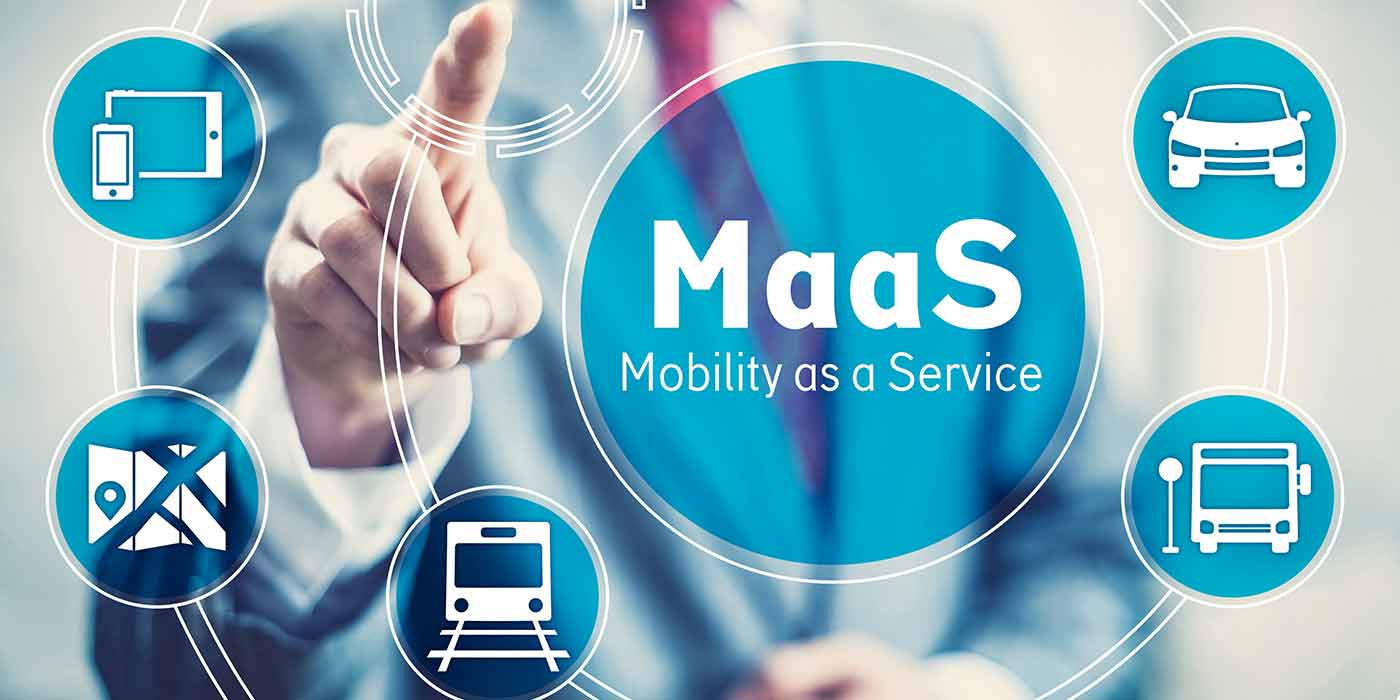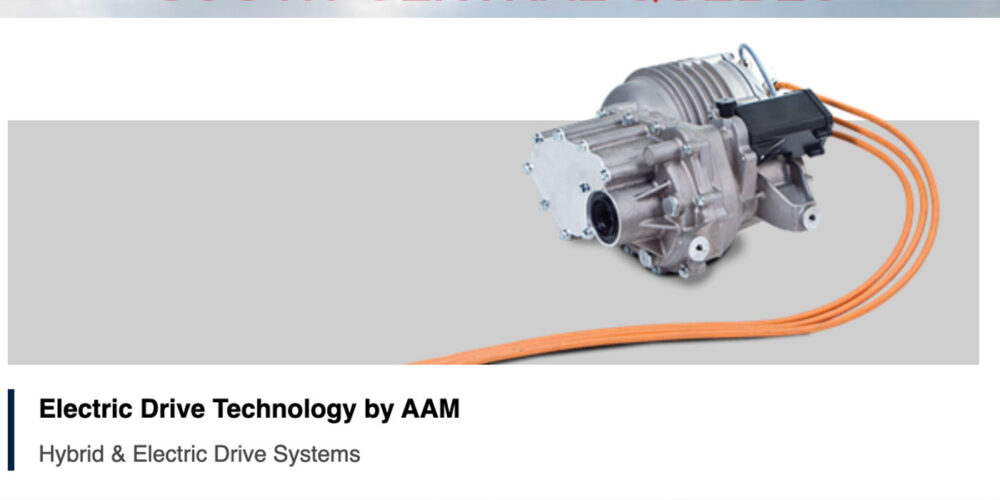
Consumers lack confidence in the future of self-driving vehicles and their outlook isn’t much better about the influx of battery-electric vehicles that manufacturers are spending billions of dollars to bring to market in the next several years, according to the inaugural J.D. Power 2019 Mobility Confidence Index Study fueled by SurveyMonkey Audience released today. The Mobility Confidence Index is 36 (on a 100-point scale) for self-driving vehicles and 55 for battery-electric vehicles.
“Out of the box, these scores are not encouraging,” said Kristin Kolodge, Executive Director, Driver Interaction & Human Machine Interface Research at J.D. Power. “As automakers head down the developmental road to self-driving vehicles and greater electrification, it’s important to know if consumers are on the same road—and headed in the same direction. That doesn’t seem to be the case right now. Manufacturers need to learn where consumers are in terms of comprehending and accepting new mobility technologies—and what needs to be done.”
The quarterly study will become the pulse of market readiness and acceptance for self-driving and battery-electric vehicles, as seen through the eyes of consumers and industry experts. Sentiment is segmented into three categories: low (0-40), neutral (41-60) and positive (61-100). J.D. Power is joined by global survey software company SurveyMonkey to conduct the study in which 5,749 consumers were polled about self-driving vehicles and 5,270 about battery-electric vehicles.
Following are key findings about self-driving vehicles:
• Mobility Confidence Index is 36 for self-driving vehicles: With an overall score of 36, consumers have a low level of confidence about the future of self-driving vehicles. Scoring lowest among the self-driving attributes are: comfort about riding in a self-driving vehicle (34); and comfort about being on the road with others in a self-driving vehicle (35).
• Self-driving challenges: Industry experts say that perfecting self-driving technology is more challenging than originally thought. They also recognize the importance of marketing self-driving technology to consumers to build understanding, trust and acceptance, which is notably an industry-wide challenge.
• Disparate visions for availability: Experts anticipate self-driving services—public transit, delivery and taxi/ride-hailing—will arrive to market in 5-6 years while self-driving vehicles for purchase will arrive in about 12 years. Consumers predict each mobility option will be available in closer to 10 years. Most industry experts forecast it will be 15 or more years before self-driving vehicles have a retail market share of 10%.
• Tech failures, hacking and liability are top concerns: Although consumers are more hopeful than worried (65% vs. 34%) about the overall benefit of technology in their lives, 39% aren’t excited about any self-driving technology, including delivery services, public transit, taxi/ride-hailing service and personal vehicles. Serious concerns exist with the development of self-driving vehicles, of which consumers are most worried about tech failures/errors (71%); risk of vehicle being hacked (57%); and legal liability as a result of a collision (55%).
• Consumers still lack knowledge about self-driving vehicles: The majority (66%) of respondents admit to having little to no knowledge about self-driving vehicles. Gen Z[1] expresses the most knowledge, while Boomers express the least. Nearly three-fourths (71%) of consumers are more likely to purchase or lease a self-driving vehicle if they have a great deal of knowledge, but consideration dips to 25% for those who state they know nothing at all about them.
• Safety perceptions differ with age, knowledge: Overall, consumers are split on whether self-driving vehicles will improve traffic safety (40% better vs. 40% worse). Younger generations are more confident that safety will improve (52% of Gen Z, 45% of Gen Y), but 49% of Boomers think it will be worse than today. Consumers who say they know a great deal or a fair amount about self-driving vehicles believe such vehicles will improve traffic safety (59% and 52%, respectively).
Following are key findings about battery-electric vehicles:
• Mobility Confidence Index is 55 for battery-electric vehicles: With an overall score of 55, consumers have a neutral level of confidence about the future of battery-electric vehicles. Attributes scoring lowest include likelihood of purchasing an electric vehicle (39); reliability of electric compared to gas-powered vehicles (49); and ability to stay within budget compared to gas, diesel or hybrid vehicles (55). Most consumers, regardless of age, believe there are positive environmental effects of electric vehicles.
• Full speed ahead—for small market share: Both consumers and industry experts recognize it will be well over a decade before electric vehicles equal gas-powered vehicles in sales volume. Experts also predict it will be at least five years until battery-electric vehicles’ market share reaches 10%.
• Challenges to increasing battery-electric vehicle acceptance: Consumer affordability and trust remain among the top challenges for electric vehicle adoption. In addition, infrastructure and battery concerns (cost, range and supply capacity) are critical challenges which must be addressed.
• Advantages and disadvantages of battery-electric vehicles: More than half (61%) of respondents say battery-electric vehicles are better for the environment and 48% believe the cost of charging compared with the cost of gas will be advantageous. However, 64% are concerned about the availability of charging stations and 59% are concerned about range. More than three-fourths (77%) expect electric vehicles to have a driving range of 300 miles or more. Nearly three-fourths (74%) are only willing to wait 30 minutes or less to charge a vehicle to travel about 200 miles.
• Experience affects purchase consideration: Two-thirds (68%) of consumers say they have no experience with battery-electric vehicles, meaning they have never been in one. Among those who have owned or leased a battery-electric vehicle, 75% say they would consider repurchasing a similar vehicle. Among those who have never been in a battery-electric vehicle, only 40% said they would consider purchasing or leasing one. Universally, 78% say that tax subsidies or credits would factor into their purchase decision.













